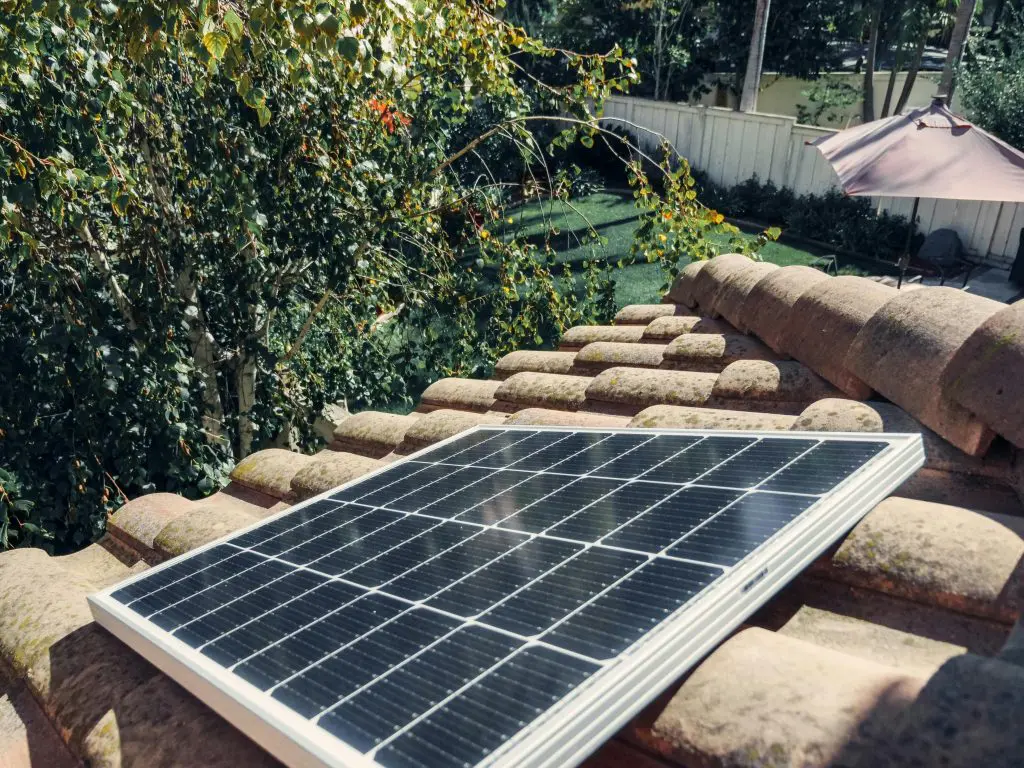
Rise in Irish Home Energy Upgrades: 2% Increase in Q1 of 2025 The number of home energy upgrades in Ireland has increased by 2% in the first quarter of 2025 compared to the same period last year, according to new figures from the Sustainable Energy Authority of Ireland (SEAI). A total of 11,910 home energy […]
The number of home energy upgrades in Ireland has increased by 2% in the first quarter of 2025 compared to the same period last year, according to new figures from the Sustainable Energy Authority of Ireland (SEAI). A total of 11,910 home energy upgrades were supported through Government-funded grant schemes during this time.
Ireland’s Climate Action Plan outlines ambitious commitments to reduce greenhouse gas emissions by 51% by 2030 and reach net-zero by 2050. Home energy use accounts for a significant portion of national emissions, largely due to fossil fuel-based heating systems and poor insulation in older buildings.
Retrofitting homes with better insulation, efficient windows, and renewable heating systems like heat pumps is considered one of the most direct and impactful ways to lower domestic emissions. The 2% increase in upgrades in Q1 of 2025 represents a tangible, measurable contribution to these national targets, albeit on a scale that still needs significant acceleration.
Ireland’s retrofit efforts are also aligned with broader European Union directives, including the EU Green Deal and Energy Performance of Buildings Directive (EPBD). These policies push member states to renovate inefficient building stock and reduce energy demand across the continent.
The SEAI administers several grant schemes aimed at improving the energy efficiency of homes across the country. These initiatives form part of the Government’s National Retrofit Plan, which supports the delivery of targets under the Climate Action Plan, specifically, retrofitting 500,000 homes and installing 400,000 heat pumps in existing homes by the end of 2030.
In the first three months of 2025, Government expenditure on these schemes totalled €76 million, reflecting a 4% increase over the same period in 2024.
Total upgrades completed: 11,910 (up 2% from Q1 2024)
Homes upgraded to BER B2 or higher: Over 5,100 (down 1% from Q1 2024)
Fully funded upgrades for energy-poor households: 1,350 (up 14%)
Heat pump installations supported: 765
Applications processed across all schemes: 14,770 (down 5%)
Energy savings achieved: 29.47 GWh
CO₂ savings achieved: 15.0 kilotonnes
Of the total upgrades, 1,350 were completed under schemes supporting households experiencing energy poverty. These households received fully funded energy upgrades. The 14% increase in these upgrades compared to Q1 2024 highlights a continuing emphasis on supporting vulnerable communities.
Energy upgrades do more than cut emissions, they can also address social inequality. Households living in energy poor-households often experience inadequate heating, damp conditions, and higher fuel bills. These conditions affect health, education outcomes, and overall well-being.
The rise in fully funded upgrades for energy-poor households (up 14% in Q1) is a vital step in using climate action as a tool for social justice. Continued focus on targeted support for vulnerable groups can help ensure that the green transition is fair and inclusive.
Dublin recorded the highest number of upgrades, with 2,582 homes upgraded. Cork followed with 1,395, while Longford had the fewest, at 78.
SEAI noted that further phases of a national marketing and communications campaign were rolled out in early 2025 to raise awareness of energy upgrade benefits and encourage more applications.
Key developments in the schemes include:
Better Energy Homes programme launched to One Stop Shops: These are service providers that assist homeowners in managing the entire upgrade process. There are now 14 registered One Stop Shops across the country.
Improved process for heat pump applicants: Applicants with a compliant Building Energy Rating (BER) on the system can now bypass the technical assessment process, reducing barriers to adoption.
With continued Government investment and evolving support measures, home energy upgrades remain a central pillar of Ireland’s climate strategy. The modest increase in uptake during Q1 2025 indicates steady progress toward long-term climate and energy goals.
While financial support is a major enabler, there are still psychological and logistical barriers to home upgrades. These include:
Lack of awareness or trust in the upgrade process
Complex application procedures
Concerns about disruption during construction
Upfront costs not covered by grants
SEAI’s ongoing communications campaign and the growing number of One Stop Shops are attempts to streamline and demystify the process, but further work may be needed to reach more hesitant or underserved populations.
At All-Ireland Sustainability, we’re committed to building a greener, fairer island, together. Stay informed on the latest environmental initiatives, community action, and policy developments shaping sustainability across Ireland, North and South.
👉 Sign up for our newsletter today and be the first to hear about upcoming events, expert insights, and ways to get involved.
Whether you’re a seasoned advocate or just starting your journey, new members are always welcome.
Subscribe now and be part of the All-Ireland Sustainability network.